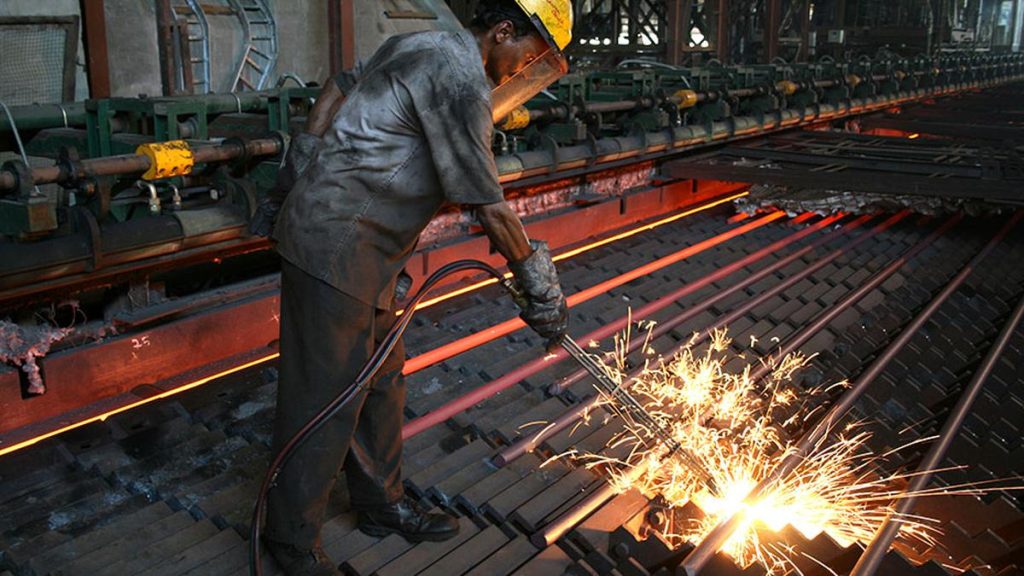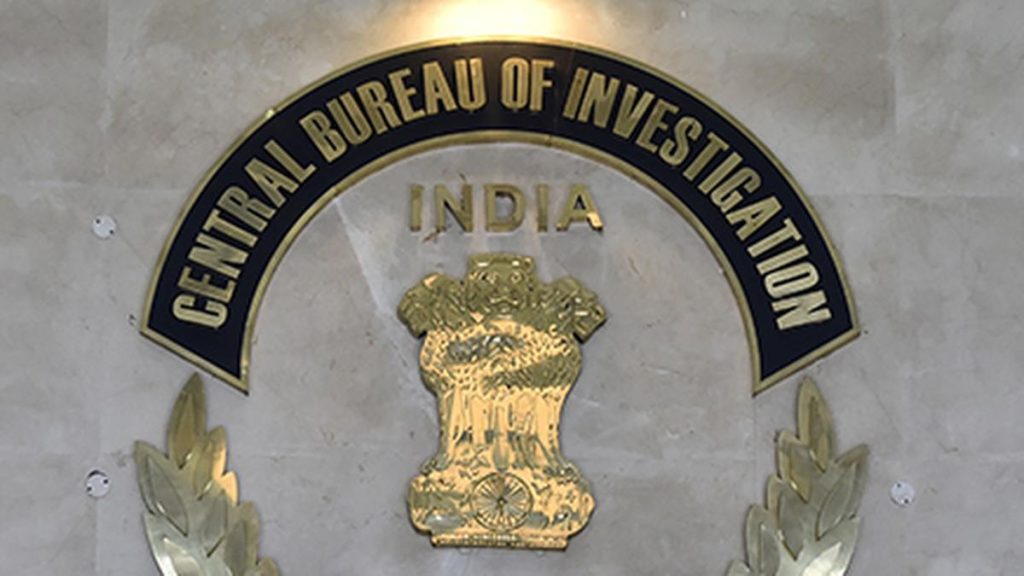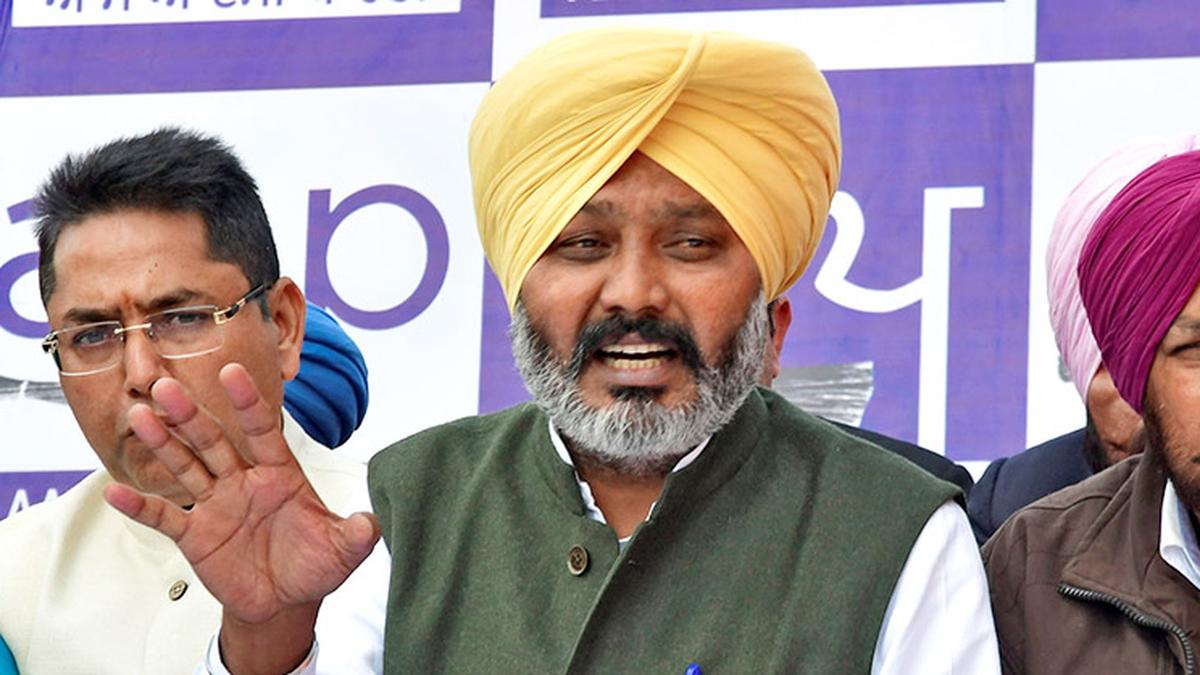Now Reading: Gurugram’s Open Spaces Turn Into Illegal Dumping Grounds for Construction Waste
-
01
Gurugram’s Open Spaces Turn Into Illegal Dumping Grounds for Construction Waste
Gurugram’s Open Spaces Turn Into Illegal Dumping Grounds for Construction Waste
Quick Summary
- The site near IFFCO Chowk metro station in gurugram has seen illegal dumping of construction and demolition (C&D) waste, reducing usable open space for public activities.
- Illegal dumping is prevalent across Gurugram,with waste heaps at Sector 29,Khushboo Chowk (Sector 26),and medawas village near Sector 64.
- Approximately 25 lakh tonnes of rubble exists at these spots. Smaller illegal dumping sites are also scattered within Municipal Corporation of Gurugram (MCG) jurisdiction.
- Basai C&D waste processing plant has operated sence 2019 but processes only around half its daily capacity due to poor adherence to collection rules by both private developers and government contractors.
- Bulk generators prefer illegal disposal costing ₹100-150 per tonne through tractors over the plantS ₹720 per tonne fee for mixed C&D waste.
- Dumping causes environmental issues like air pollution, soil/water contamination, clogged storm drains, resource depletion, and visual degradation.
- Enforcement issues persist: despite helpline availability for rubble collection,there have been “zero” calls recently. MCG owes around ₹10 crore in outstanding dues to the processing plant operator.
- Government usage of recycled materials from processed C&D waste remains negligible in Haryana government contracts despite existing mandates requiring integration of such materials into projects.
Indian Opinion Analysis
The unchecked proliferation of illegal dumping reflects broader governance challenges in urban centers like Gurugram undergoing rapid advancement.With high volumes of daily construction activity generating ample amounts of debris-estimated at 2,000 tonnes-the lack of enforcement mechanisms highlights operational inefficiency within the Municipal Corporation’s framework. While fines collected against offenders signal some action taken, stronger systemic reforms are needed to incentivize compliance among private entities and contractors tied to public projects.
Adding ex-servicemen for nighttime monitoring or raising the mandate for processing capacity can be positive steps if implemented effectively; however, these alone might not suffice without addressing root causes such as non-payment dues or integrating recycled materials into mandatory procurement policies by government bodies.
Environmental concerns raised by improper disposal practices underscore an urgent need for policy overhaul-a scenario where short-term economic savings have long-term consequences on urban ecosystem health may lead to exacerbated infrastructure challenges over time. Public engagement and stricter accountability measures appear critical moving forward.
Read more: Link

























